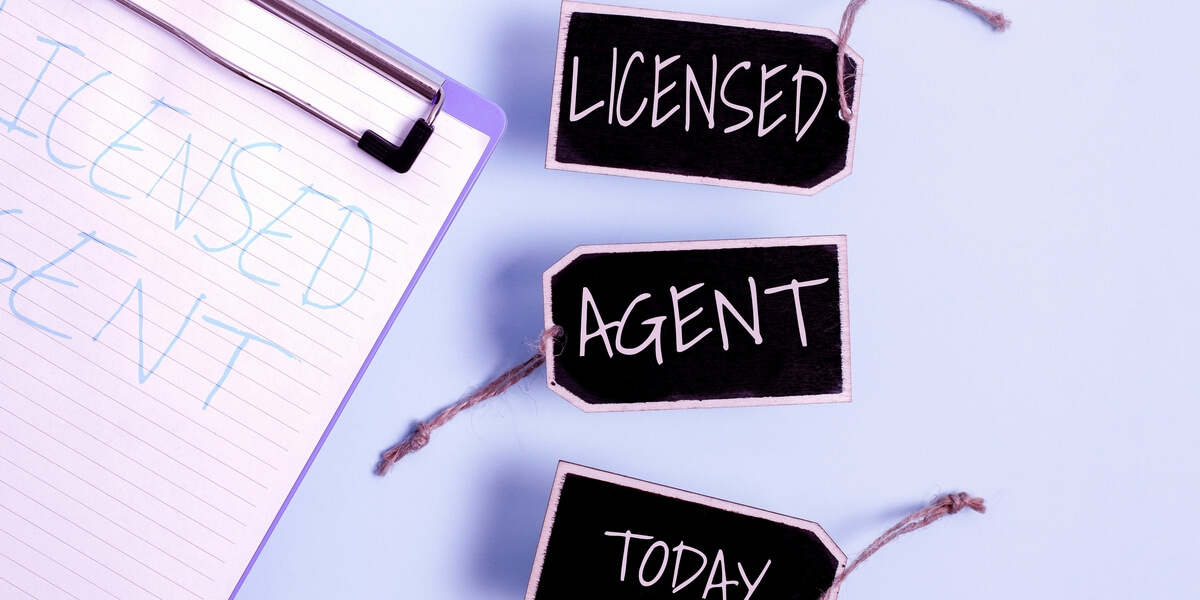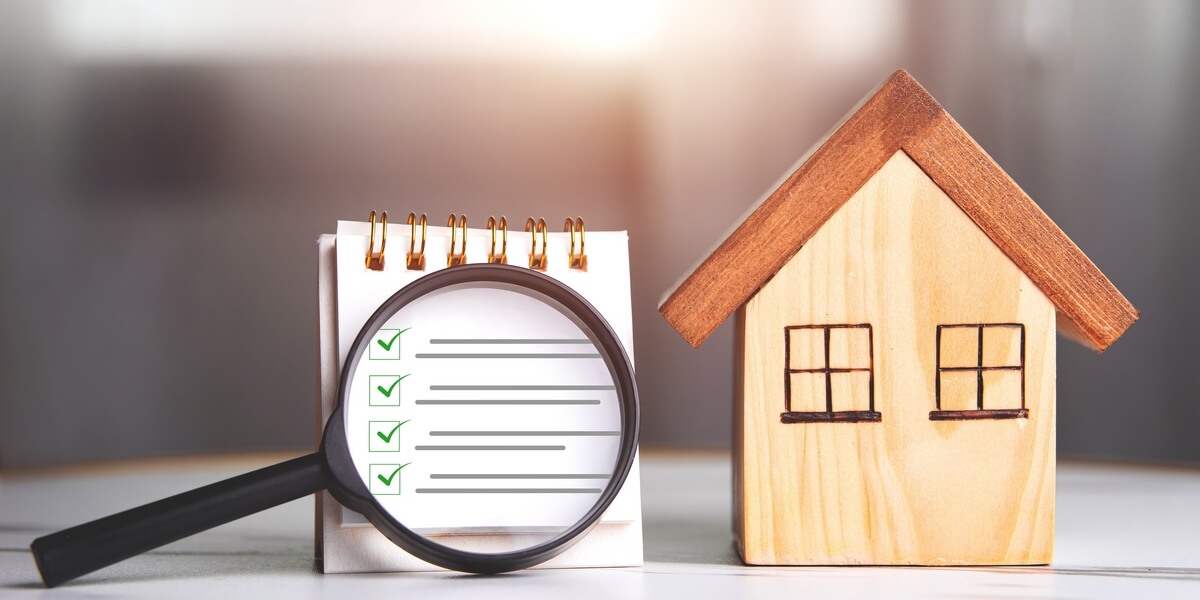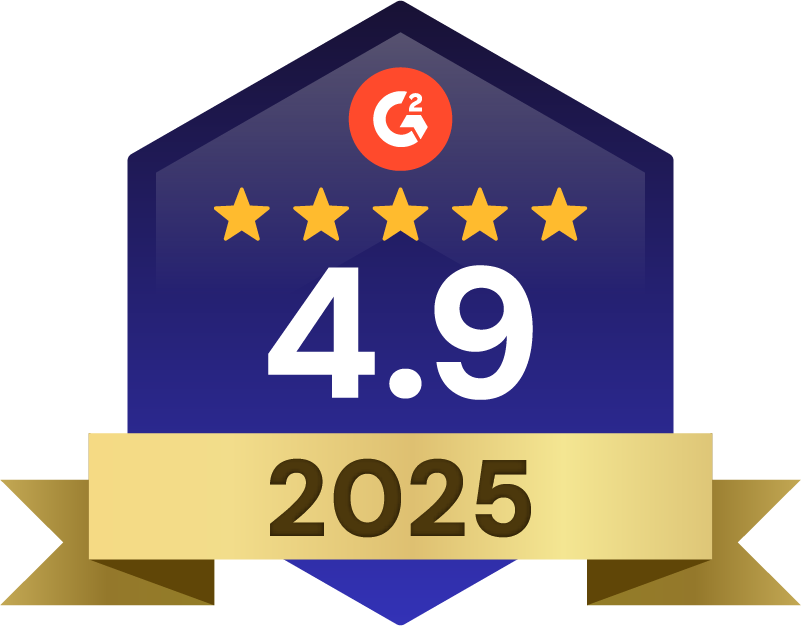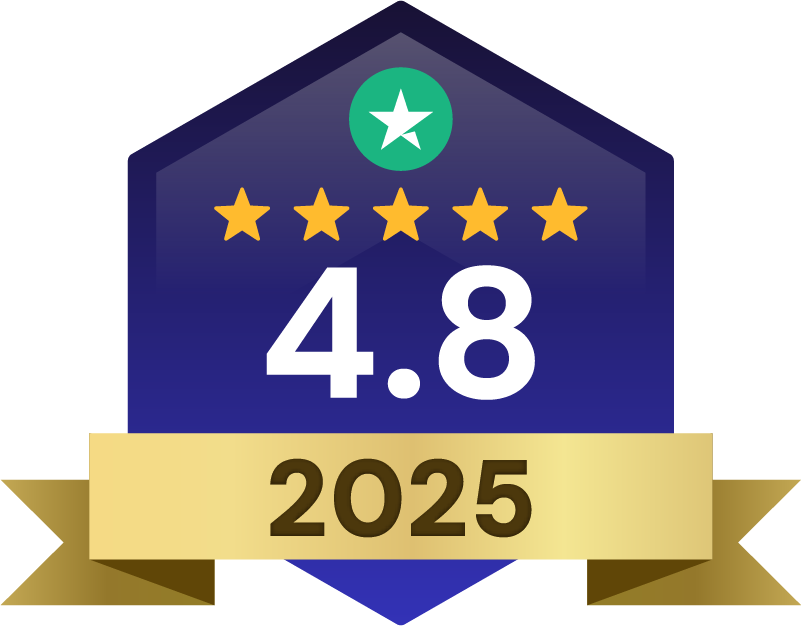8 steps to become a real estate agent with no experience or college degree: 1. Meet Your State's Requirements · 2. Plan Your Coursework
Industry Insights New Agents
Do you dream of helping people buy the home of their dreams, closing exciting deals, and making a difference in your local community—all without needing prior industry experience? It’s more attainable than you might think. The real estate industry continues to attract self-made professionals who start from scratch every year. If you’re wondering how to break into real estate with no experience, you’re already on the right path.
In this guide, we cover how to prepare academically, pass the state licensing exam, find the right brokerage, build a client base from nothing, and more. By the end, you’ll have clear steps you can act on immediately to start your new career in real estate.
Why Real Estate—Even with Zero Experience?
Real estate is one of the few industries that rewards hustle, determination, and relationship-building over formal work history. Sure, you need to get licensed and learn essential regulations, but you don’t need years of prior sales jobs, a major in business, or direct knowledge of mortgage financing to start.
While newly licensed agents often face a learning curve, many who jump in with the right mindset and training go on to thrive. Commissions can be lucrative over time; you have the chance to be your own boss (especially once you build your reputation and client database), and the excitement of helping families, businesses, and investors achieve their property dreams can be profoundly fulfilling.
Common Misconceptions About Starting Out
Misconception #1: You Need a College Degree
Most states require only a high school diploma or GED to qualify for a real estate license. A bachelor’s degree is rarely mandatory.
Misconception #2: You Have to Be a “Big Talker” to Succeed
Strong interpersonal skills do help. However, effective agents often shine because they’re great listeners, organized communicators, and empathetic advisers.
Misconception #3: Starting in Real Estate Is Too Expensive
While there are fees for courses, exams, and licensing, you can typically minimize bigger expenses by working through a budget-friendly real estate school, or even finding a brokerage that will sponsor your education.
Misconception #4: Immediate Sales Are Guaranteed
Starting out can be slow. It may take a few weeks or months before your first sale. You’ll need to remain motivated, treat the early period as an “apprenticeship” in lead generation, and focus on relationship-building.
How to Become a Real Estate Agent With No Experience: 8 Simple Steps
Step 1: Meet Your State’s Requirements
Before you enroll in courses or start applying for jobs, confirm you meet your state’s general requirements for real estate licensing. Common mandatory requirements in most U.S. states include:
- Minimum age (often 18 or 19)
- High school diploma or GED
- Clean background check (states may handle minor past offenses differently)
- Completion of state-approved real estate coursework
- Passing a real estate licensing exam
If you’re unsure about your specific requirements, check your state’s real estate commission or licensing board website. This step clarifies how many credit hours you’ll need for pre-licensing and whether background checks or fingerprinting are part of the process.
Step 2: Plan Your Coursework
Just because real estate doesn’t need a four-year degree doesn’t mean you can plunge in blindly. Creating a plan helps you avoid wasted time or unexpected costs.
- Budgeting: Factor in the cost of pre-licensing courses ($100–$400+), the exam fee ($100–$350), licensing fee ($200–$500), and your potential living expenses while you ramp up.
- Scheduling: Determine whether you’ll do the licensing coursework full-time, part-time, or online. If you’re working another job, you’ll need flexibility.
- State-Specific Deadlines: Some states have tight timelines once you start the process. For instance, you may be required to take the licensing exam within a year of finishing the course.
- Plan B for Financing: If you’re short on funds, research brokerages willing to reimburse licensing fees or pre-license programs in exchange for a contract to work with them afterward.

Step 3: Choose the Right Real Estate School
Licensing requirements vary from state to state, but nearly all require you to take state-approved classes or courses. Here’s what to look for when choosing a provider:
- Accreditation: Ensure the school is recognized by your state’s real estate commission so your pre-license hours count.
- Course Format: Options might include in-person classroom sessions, fully online modules, or hybrid setups. Online courses offer flexibility, whereas in-person classes can be more engaging and interactive.
- User Reviews and Pass Rates: Investigate pass rates for each real estate school. A high pass rate usually indicates a quality program.
- Additional Resources: Some schools offer practice exams, tutoring, or continuing education support. These extras can save you time and money in the long run.
Step 4: Pass the Real Estate Exam and Get Licensed
You’ll typically face a two-part exam: the national portion covers general real estate principles (contracts, agency relationships, property laws), while the state portion dives into local rules and regulations. These tips can significantly boost your chance of passing:
- Leverage Practice Exams: Work through as many practice exams as possible. This not only tests your knowledge but also helps you get used to question formats.
- Study in Chunks: Don’t try to cram everything in one overnight session. Schedule smaller daily study blocks over multiple weeks.
- Understand Math Essentials: You’ll likely encounter basic math problems related to pricing, taxes, or property dimensions. Brush up on these carefully.
- Arrive Early and Calm: On exam day, get there with time to spare. Bring the required documents, and do a quick relaxation technique to stay focused.
After passing, you’ll apply for your license with the state licensing board. This process can involve:
- Submitting your exam results
- Paying license fees
- Passing a background check
- Waiting for official notification of approval

Step 5: Select the Ideal Brokerage for Your Growth
Once you’re licensed, you’re typically required to work under a licensed broker. Choosing the right brokerage can have a massive impact on your learning curve, earning potential, and long-term success. Here’s what to ask:
- Training Programs or Mentorship: Some brokerages offer step-by-step onboarding, script practice for cold calls, or pairing with a senior agent.
- Commission Splits: Commission split structures vary widely (e.g., 50/50, 70/30, or even 100% if you pay monthly fees). Evaluate what’s best for your initial earning ability.
- Office Culture: Are they collaborative or highly competitive? Do they value new agents and encourage growth?
- Fees and Expenses: Some brokerages charge transaction fees, desk fees, or marketing fees. Factor these into your budget.
When you interview with brokerages, remember: they need new agents as much as you need an opportunity. Your enthusiasm, willingness to learn, and fresh perspective can be valuable assets.
Step 6: Build a Strong, No-Experience Résumé
Your résumé can still shine, even if you have no real estate transactions under your belt yet. A functional résumé emphasizes your skills and potential rather than job history. Consider:
- Headline or Objective Statement: Example: “Licensed real estate professional passionate about helping homeowners and eager to leverage communication and negotiation skills for client satisfaction.”
- Relevant Skills: Organization, time management, communication, tech savvy, local knowledge.
- Achievements in Other Fields: If you previously worked in retail or hospitality, highlight: “Increased sales” or “Improved customer satisfaction ratings.”
- Education and Certification: Mention your pre-licensing course, real estate license, and any special software/tool proficiencies.
Pair your résumé with a well-crafted cover letter showcasing why you’re committed to succeeding in real estate even if you’re brand new.

Step 7: Strengthen Your Foundational Skills
Even before or during your course, developing certain transferable skills goes a long way:
- Communication: Practice speaking and listening. Seek out daily opportunities to be persuasive but also to tune into people’s real motivations.
- Organization: A real estate agent juggles multiple clients and deals at once. Start using calendars, project management tools, or reminder apps.
- Local Market Awareness: Familiarize yourself with neighborhoods, property value trends, and local amenities. Even a beginner can become a local expert with a bit of research.
- Technical Comfort: Real estate increasingly leverages digital apps, customer relationship management (CRM) tools, social media marketing, and virtual tours. Embrace new tech with an open mind.
Step 8: Build Your Network
In real estate, your network is your net worth. Start growing your contacts well before you land your first listing. Some practical ways to do this include:
- Attend Local Events: Real estate meetups, business seminars, and chamber of commerce gatherings are all prime spots to mingle with other professionals.
- Online Presence: Create a professional LinkedIn profile, join local Facebook groups about housing, and comment helpfully on real estate forums. Don’t be pushy—just be a resource.
- Host Informal Seminars: Volunteer to give short talks on “First-Time Homebuyer Tips” at your local community center or library. This positions you as the go-to real estate contact in your sphere.
- Ask for Introductions: Friends, neighbors, previous co-workers might know people in the market. A simple “If you hear of someone looking to buy or sell, I’d be glad to help” can lead to initial leads.

5 Real-World Tips for Rapid Growth
Below are five powerful, field-tested tips you can begin using immediately as a brand-new agent:
- Get a Mentor: A mentor might be a more experienced agent in your brokerage or a real estate coach who teaches you how to approach leads, handle rejections, and close deals. Mentors can shorten your learning curve dramatically, provide constructive feedback on your pitches, and hold you accountable for lead generation targets.
- Leverage Social Media Sooner Rather Than Later: Create Facebook and Instagram business pages (even as a newbie). Share market updates, quick suggestions for prospective buyers, and success stories from your brokerage. Consistency beats flashiness.
- Partner with Local Businesses: Form alliances with mortgage brokers, local coffee shops, or interior designers. You could co-host small, topic-based events, like “How to Stage a Home for Maximum Value” at the interior design store.
- Offer Free Home Valuations: Use local property data to provide no-cost home valuations. Even if you can’t list the property yet, you’re building relationships and trust.
- Develop a Referral Incentive System: If you’re permitted by your local regulations, let satisfied clients know they receive a small token (like a gift card) for referring new leads your way. Right away, this can help your pipeline fill up.
Final Thoughts
Breaking into real estate with limited (or zero) experience isn’t just feasible—it can even be advantageous. As a newcomer, you’ll have a fresh perspective, a boundless drive to learn, and a willingness to experiment. By following the structured approach laid out here—identifying state requirements, taking the right education path, using strategic networking, and constantly expanding your knowledge—you’ll position yourself above other new agents who simply “wing it.”
Remember that your first few deals, or even your first year, might not make you a real estate millionaire overnight. However, with consistent lead generation, scrupulous follow-up, and a genuine desire to help clients achieve their property goals, you can quickly build a reputation that propels your career to the next level. The real estate industry is brimming with opportunities for those willing to persist.
Ready to build a website that will grow with you from new agent to industry leader? Join the top-performing agents who trust AgentFire for their digital presence and book a free demo today.


![How to Become a Real Estate Agent With No Experience [2025]](https://agentfire.com/wp-content/uploads/2024/11/Step-By-Step-Guide-to-Becoming-a-Real-Estate-Agent-with-No-Experience.jpg)



